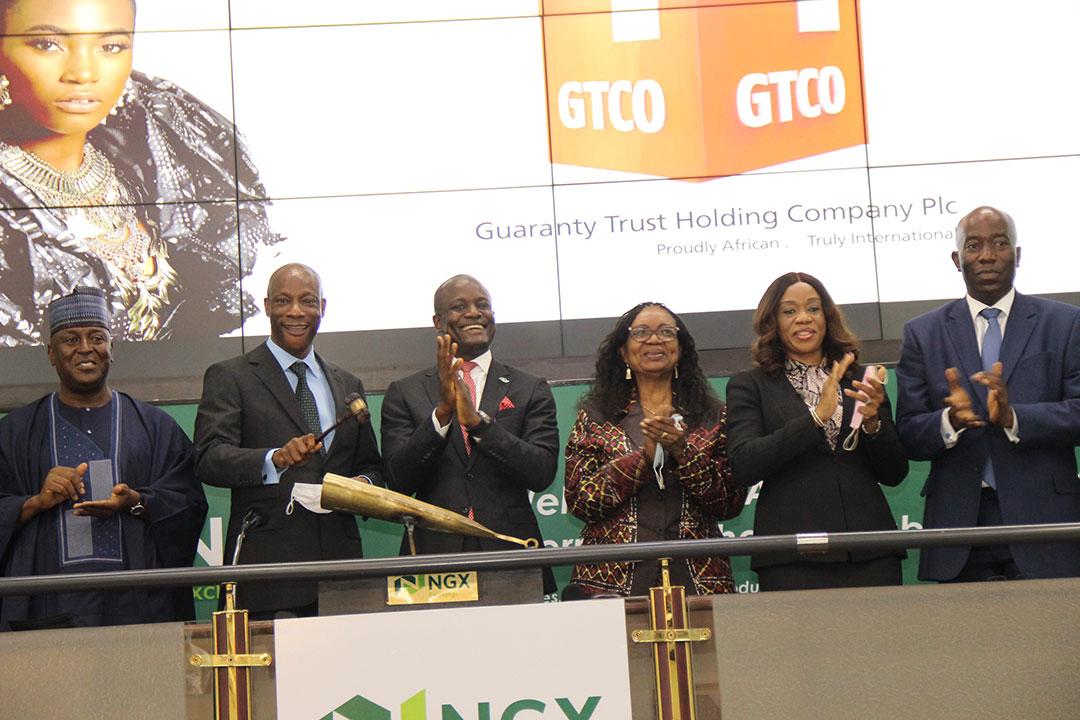- Climate Change: World Bank, AfDB Pledge $47.5bn for Nigeria, Others
The World Bank and the African Development Bank said on Thursday that they would together commit $47.5bn by 2025 to help African countries tackle the effects of climate change.
Despite contributing four per cent of the global greenhouse-gas emissions, more than 65 per cent of Africa’s population is directly impacted by climate change, according to the United Nations Economic Commission for Africa.
The World Bank said it would spend $22.5bn over five years from 2021, to help Africa tackle the dangers posed by climate change.
The Interim President, World Bank, Kristalina Georgieva, told BBC Africa TV’s Money Daily programme that Africa remained vulnerable to the effects of climate change through prolonged drought, floods and destructive storms.
“Unless we make Africa more resilient, we will see by 2030, 100 million people more falling into poverty rather than being pulled out of poverty,” she said.
Georgieva said the World Bank had also stepped up its efforts to mobilise investments in renewable energy such as solar, which contributes just 1.5 per cent of the continent’s electricity needs.
The AfDB said it would double its climate finance commitments for the period 2020 to 2025, pledging at least $25bn.
The President, AfDB, Akinwumi Adesina, made the announcement at the One Planet Summit in Nairobi.
Speaking at a plenary in the presence of Heads of State, including President Uhuru Kenyatta of Kenya, and French President Emmanuel Macron, Adesina also announced that the bank was on course to achieve its target of allocating 40 per cent of its funding to climate finance by 2020, a year ahead.
The bank’s commitment on the target, the highest among all multilateral development banks, has progressed steadily from nine per cent in 2016 to 28 per cent in 2017 and 32 per cent in 2018, according to a statement.
It said considering Africa’s high vulnerability despite contributing the least to climate change, the AfDB had successfully raised its adaptation finance from less than 30 per cent of total climate finance to parity with mitigation in 2018.
Adesina said, “The required level of financing is only feasible with the direct involvement of the entire financial sector. Consequently, the bank launched the African Financial Alliance for Climate Change to link all stock exchanges, pension and sovereign wealth funds, central banks and other financial institutions of Africa to mobilise and incentivise the shift of their portfolios towards low carbon and climate resilient investments.”
He said it was not good enough to simply ask countries to stay away from polluting technologies.
“We have to be proactive in exploring alternatives. We will, therefore, be launching the ‘green baseload’ facility under the Sustainable Energy Fund for Africa, to provide concessional finance and technical assistance to support the penetration and scale-up of renewable energy, to provide affordable and reliable renewable energy baseload,” Adesina added.
According to the statement, several donors, including Canada, Denmark, Germany, Norway, Italy, the United Kingdom and United States Agency for International Development have indicated their interest in the instrument, which will also help to replace coal.
It said the AfDB had played a critical role in building Africa’s clean energy capacities, adding that the bank’s last investment in a coal project was 10 years ago.
The statement said, “Additionally, and in line with its ambitious New Deal on Energy for Africa, 95 per cent of all bank investments in power generation over the 2016-18 period have been in renewables.”


 Naira4 weeks ago
Naira4 weeks ago



 Naira4 weeks ago
Naira4 weeks ago
 Billionaire Watch4 weeks ago
Billionaire Watch4 weeks ago






 Naira4 weeks ago
Naira4 weeks ago


 Naira3 weeks ago
Naira3 weeks ago






 Naira3 weeks ago
Naira3 weeks ago
 Economy4 weeks ago
Economy4 weeks ago


 Naira3 weeks ago
Naira3 weeks ago





















